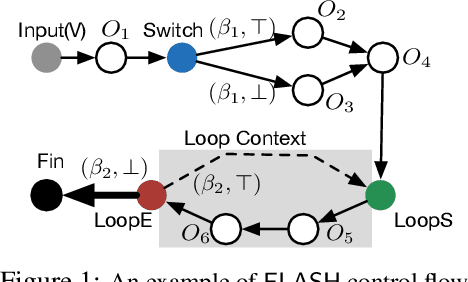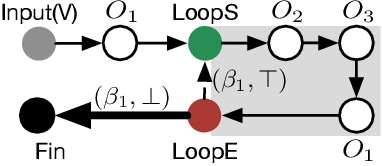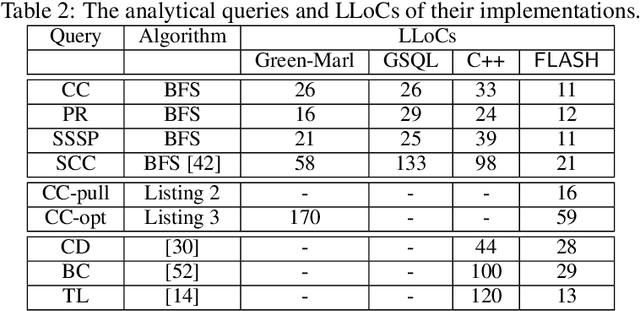Longbin Lai
OSS-UAgent: An Agent-based Usability Evaluation Framework for Open Source Software
May 29, 2025Abstract:Usability evaluation is critical to the impact and adoption of open source software (OSS), yet traditional methods relying on human evaluators suffer from high costs and limited scalability. To address these limitations, we introduce OSS-UAgent, an automated, configurable, and interactive agent-based usability evaluation framework specifically designed for open source software. Our framework employs intelligent agents powered by large language models (LLMs) to simulate developers performing programming tasks across various experience levels (from Junior to Expert). By dynamically constructing platform-specific knowledge bases, OSS-UAgent ensures accurate and context-aware code generation. The generated code is automatically evaluated across multiple dimensions, including compliance, correctness, and readability, providing a comprehensive measure of the software's usability. Additionally, our demonstration showcases OSS-UAgent's practical application in evaluating graph analytics platforms, highlighting its effectiveness in automating usability evaluation.
G-Boost: Boosting Private SLMs with General LLMs
Mar 13, 2025Abstract:Due to the limited computational resources, most Large Language Models (LLMs) developers can only fine-tune Small Language Models (SLMs) on their own data. These private SLMs typically have limited effectiveness. To boost the performance of private SLMs, this paper proposes to ask general LLMs for help. The general LLMs can be APIs or larger LLMs whose inference cost the developers can afford. Specifically, we propose the G-Boost framework where a private SLM adaptively performs collaborative inference with a general LLM under the guide of process reward. Experiments demonstrate that our framework can significantly boost the performance of private SLMs.
Graphy'our Data: Towards End-to-End Modeling, Exploring and Generating Report from Raw Data
Feb 24, 2025


Abstract:Large Language Models (LLMs) have recently demonstrated remarkable performance in tasks such as Retrieval-Augmented Generation (RAG) and autonomous AI agent workflows. Yet, when faced with large sets of unstructured documents requiring progressive exploration, analysis, and synthesis, such as conducting literature survey, existing approaches often fall short. We address this challenge -- termed Progressive Document Investigation -- by introducing Graphy, an end-to-end platform that automates data modeling, exploration and high-quality report generation in a user-friendly manner. Graphy comprises an offline Scrapper that transforms raw documents into a structured graph of Fact and Dimension nodes, and an online Surveyor that enables iterative exploration and LLM-driven report generation. We showcase a pre-scrapped graph of over 50,000 papers -- complete with their references -- demonstrating how Graphy facilitates the literature-survey scenario. The demonstration video can be found at https://youtu.be/uM4nzkAdGlM.
Taming the Expressiveness and Programmability of Graph Analytical Queries
Apr 20, 2020



Abstract:Graph database has enjoyed a boom in the last decade, and graph queries accordingly gain a lot of attentions from both the academia and industry. We focus on analytical queries in this paper. While analyzing existing domain-specific languages (DSLs) for analytical queries regarding the perspectives of completeness, expressiveness and programmability, we find out that none of existing work has achieved a satisfactory coverage of these perspectives. Motivated by this, we propose the \flash DSL, which is named after the three primitive operators Filter, LocAl and PuSH. We prove that \flash is Turing complete (completeness), and show that it achieves both good expressiveness and programmability for analytical queries. We provide an implementation of \flash based on code generation, and compare it with native C++ codes and existing DSL using representative queries. The experiment results demonstrate \flash's expressiveness, and its capability of programming complex algorithms that achieve satisfactory runtime.
 Add to Chrome
Add to Chrome Add to Firefox
Add to Firefox Add to Edge
Add to Edge